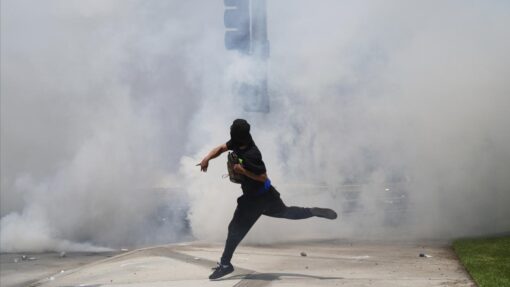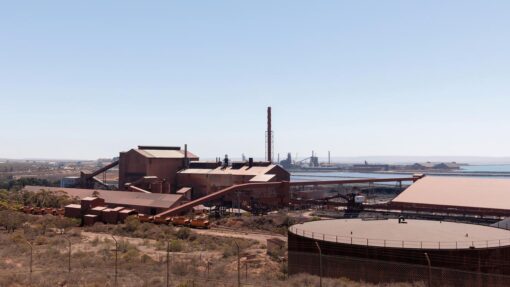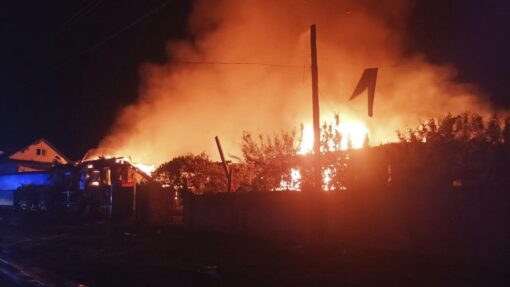Melbourne Airport’s $3bn runway cleared for take off
Holly Hales |

A third runway at Melbourne Airport has been given the long-awaited green light in a move hoped to quash flight delays and pump billions into the state’s economy.
The federal government announced the $3 billion project’s confirmation on Friday, with conditions set to share and minimise the effects of aircraft noise on surrounding communities.
Transport Minister Catherine King said it would allow the airport to cater for the demand of a growing city and provide better access for freight and passengers.
“Throughout my consideration of this proposal, the needs of the local community have been front of mind,” she said in a statement.

The “most comprehensive” set of conditions for a project of this type had been imposed, the minister said, referring to noise abatement requirements.
They include provision of a legally enforceable commitment to restore the length of the east-west runway and an airspace plan to prioritise sharing of aircraft noise between affected areas.
The airport is also required to implement a noise amelioration program for communities most impacted and conduct a community health study into the effects of noise before and after the establishment of the third runway.
Ms King said the conditions were designed to ensure “no one community bears the brunt of the airport’s growth”.
Melbourne Airport chief executive Lorie Argus said the project would create 51,000 jobs in tourism, agriculture, education and export and bring $6 billion a year to the state’s economy.
“Australia’s vast distances and Melbourne’s position on the globe mean demand for air access will continue to grow as our population increases,” she said.
“Sydney and Brisbane already operate parallel runway systems, so this will ensure that Melbourne does not become a handbrake on the national air network or the national economy.”

The parallel runway system will increase the airport’s capacity by allowing simultaneous take-offs and landings, which aims to reduce delays and give airlines more room to grow.
Premier Jacinta Allan said she welcomed the addition but wouldn’t be the one to decide if a curfew would be enacted to control the hours planes could fly.
“That’s a consideration for the federal government,” she told ABC Radio.
“Melbourne is a curfew-free airport right now and that provides us, as a city and a state, with a great strategic advantage.”
Chrystal Zhang, an aviation expert at RMIT University, said community consultation must be a paramount part of the project.
“An impact on surrounding suburbs is inevitable,” Dr Zhang said.
The 3000-metre-long runway will be built 1.3 kilometres west of the existing north-south runway and is expected to open in 2031.
AAP


